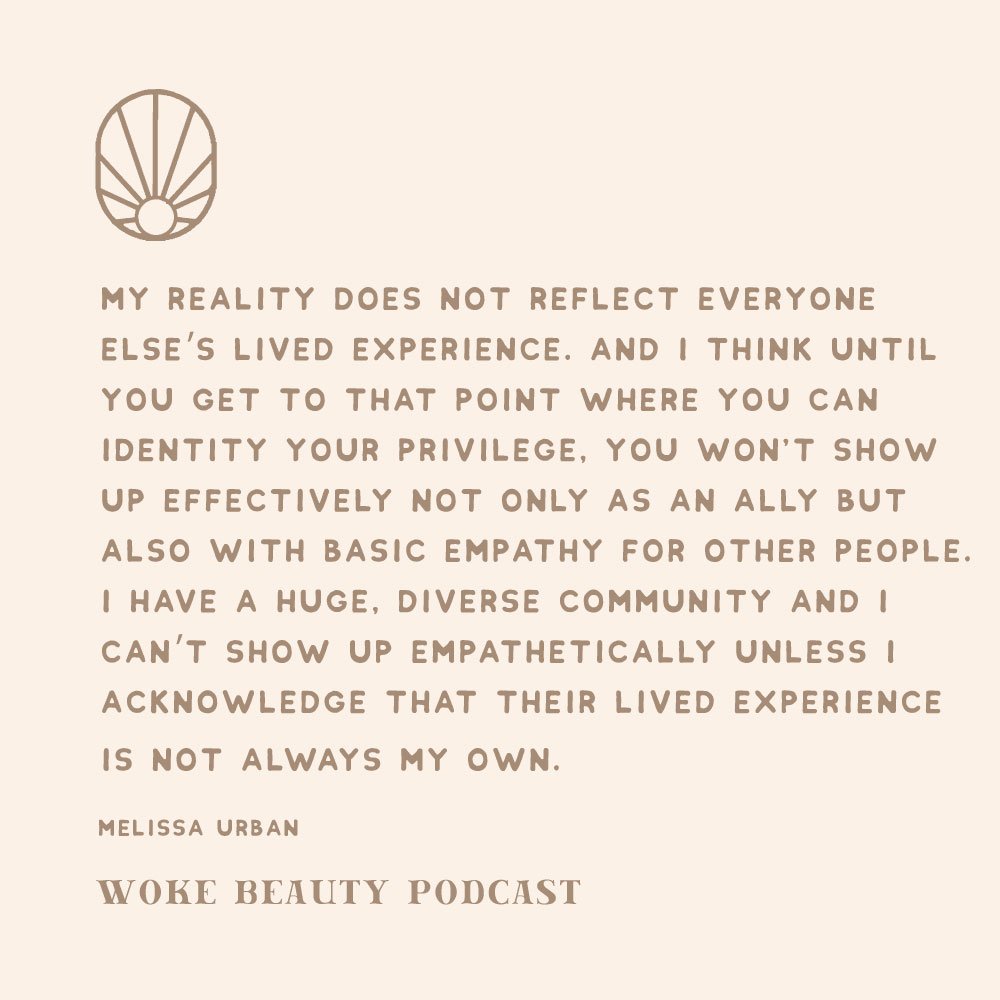Melissa Urban – Setting Boundaries to Expand Your Life
I am over the moon to reveal my recent conversation with a friend and life teacher, Melissa Urban, who has a book, The Book of Boundaries, releasing on October 11…which, yes, is next week. Engaging, sincere, and the wizard of boundaries, Melissa’s voice is powerful and has been a guiding force as I’ve navigated health, wellness, and boundary setting. She believes that inspiring change is a matter of getting vulnerable, stepping up to the mic, and speaking truth unapologetically. In fact, that very commitment is how I first discovered Melissa’s work. A few years ago she was interviewed at SXSW and the question of lack of diversity in the Whole30 community was posed. Rather than neglecting the question or defending herself, Melissa called out her own lack of ignorance and displayed authentic eagerness to learn, and further, a plan she had built to improve DEI in the Whole30 community. At the time I was going through my first Whole30, disappointed that I couldn’t find representation in the community.
Ever since, I have seen her commit over and over again, and continue to build awareness and ally ship. It is one thing to create boundaries, it is another to set them in stone. The biggest lesson I learned from our interview is that:
Boundaries are not restricting. In fact, they are the contrary. Boundaries lead to expansiveness.
Melissa’s new book, The Book of Boundaries, is available for preorder now.
You can tap into highlights here and tune into the show wherever you get your podcasts.
On maintaining online boundaries with a public audience:
“I share things that are personal on Instagram. And I only talk about personal things after I’ve had the time to process them with myself, with my therapist and with the people in my real life. I don’t share things that are intimate and I’m the only person who knows where that line in is.”
References: Brené Brown’s lesson on personal vs. intimate and Gretchen Rubin’s Four Tendencies.
Practicing boundary scripts is important because your brain doesn’t know the difference between imagining an activity and actually doing an activity.
On setting boundaries in early stages:
“That one boundary I set was the catalyst for a ton of boundaries in my recovery to protect my health and my life in that moment. And it was the realization for me that boundaries I thought were going to make my life smaller, separate me from people I love and put up walls, create distance and isolate me…were actually going to have the exact opposite effect. That boundaries were the key to expanding my life beyond my wildest imagination. My relationships all got better. I had more trust, we had more mutual respect, we were able to share openly and more vulnerably and the people who could not uphold boundaries I simply got rid of and I needed to for my own health and safety. I set boundaries with myself that allowed me to show up more authentically and actually create the life I wanted to live as a healthy person with healthy habits. They were so incredibly expansive and they taught me for the first time in my life that my needs were worthy, that I had worth and value and that I had every right to advocate for myself and no-one else was going to do it for me. It was really up to me.”
My mantra at the time, the growth mindset I adopted when I was in recovery was: I am a healthy person with healthy habits. It became the foundation on which I based every decision.
On therapy and processing trauma:
A long time ago I had a therapist say to me: “Right now you are looking at this traumatic incident like a pattern on a carpet but your face is pressed to the carpet. And that is your trauma. And it is filling your whole frame and that is what you see. As you continue processing and moving it through your body, you will start to pull back and it will just become a part of this enormous pattern that has become your life.”
“I get tremendous benefit from talk therapy, I think in part because I’ve supplemented it with so many other different practices. I move things through my body first and that allows me to then drop in and process cognitively far more efficiently.”
“I see therapeutic practices as this big buffet and you can go and sample from any and all of them and I think the more you are able to sample from them in a way that requires a relatively low lift, as many of those that you can adopt and try, you will find something in most of them that helps you move through whatever it is you need to move through or whatever next level you’re trying to get to.”
On ally ship:
“The fact that I walk through life with a much easier path through not fault or due to no credit of my own, simply because of how I was born, was an enormous lesson for me when I first learned about the concept of privilege and now shapes everything I do and talk about.”
I think a misconception of boundaries is that boundaries are saying “only me” and they’re not. Boundaries are just saying “me too”.




